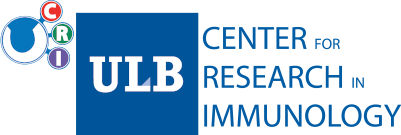Humanized mouse models for immuno-oncology studies
Immune cells in solid tumor microenvironments (TME) have decisive impacts on clinical outcomes. T lymphocytes can exert antitumoral cytotoxicity by recognizing tumor-specific antigens, and are essential for the response to immune checkpoint blockade therapy. In contrast, macrophages are well-known for their tumor-supportive properties; indeed, high TME macrophage densities correlate with unfavorable clinical outcomes in many cancer types. In vivo models recapitulating the diversity of human cancer are needed to better understand the functional interactions between tumor cells and immune cells, and how these interactions affect disease progression. MISTRG mice are immunodeficient mice that support the transplantation of human hematopoietic stem and progenitor cells, and their development into a relatively complete and functional human immune system – including human B and T lymphocytes, NK cells, myelo-monocytic cells and dendritic cells. We are using these humanized MISTRG mice to study immune cell infiltration in the TME, upon implantation of diverse human melanoma cell lines. Our results reveal how tumor cells from different patients uniquely shape the immune composition of the TME. Conversely, we also investigate mechanisms by which immune cells affect tumor progression. This in vivo model has the potential to elucidate previously unknown mechanisms of immune/cancer cell interactions in vivo. It also provides a useful platform to evaluate novel candidate immunotherapies.
Thursday, December 22nd, 2022 from 2:00 PM to 3:00 PM
Brachet Auditorium (Building A - AW.1.203)
10 rue Adrienne Bolland
6041 Gosselies (Belgium)
